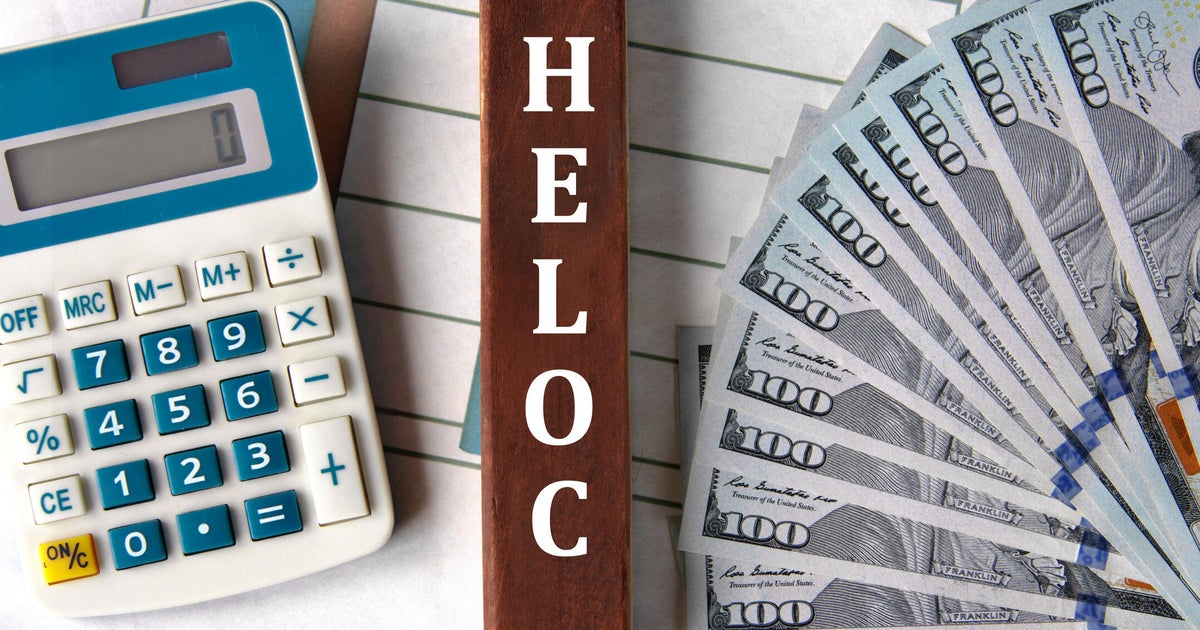4 ways to land a last-minute bump in financial aid
By now, most high school seniors have college offers on the table, leaving them only a few days to decide which one to choose. Will it be the glamour school with a big price tag? The reliable state school? A commuter or community college?
Making a solid choice means weighing what will be the best fit and value for your family’s budget, your student’s personality and academic interests. But even though time is short, you can still work on getting better aid offers until colleges need a final decision, which is usually May 1.
Kalman Chany, a college financial counselor and author of Paying For College Without Going Broke, said “from the time students and their families get the acceptance notices until May 1, the student and their family is in the strongest position -- as the ball is now in a different court with the school no longer being in control.”
Why are families in a great position now that offers are in front of them? Chany noted this is prime time because once you lock into a school, you lose a great deal of leverage, so you still have time to improve a financial aid offer -- which shouldn’t include loans but often do (I discourage anyone from going into deep debt for most degrees).
Here are four strategies to keep in mind:
If the aid offer falls short, appeal it. But this isn’t the same process as trying to get a better price on a refrigerator. “One should never use terms such as negotiate, bargain or ‘goose up’ when dealing with the aid office,” Chany noted.
“Better to say you wish to ‘appeal’ or ‘request reconsideration.’”
Do your homework on the school’s ability to dole out grants and scholarships. This means don’t ask for nonloan aid from schools that are in financially struggling states or those with meager scholarship resources. Look at a school’s endowment, the often enormous kitty that has been built up over years.
Colleges with billion-dollar-plus endowments certainly have the resources to meet your financial need. Others simply may have no-loan policies, which is desirable even if you don’t completely meet their financial assistance thresholds.
What you’re looking for in vetting a college’s cash reserves is “endowment per student,” which should be on the university’s website or findable through a simple online search. This is the amount the school is doling out from its endowment. The higher the number, the more generous it can afford to be.
Don’t pay attention to retail price tags. The “sticker” price of tuition, fees and housing may not be what most families pay. It depends on a college’s aid policy. If a school is committed to meeting all or most financial need, that means generous combinations of grants, scholarships and tuition discounts.
Also don’t think because a private college’s sticker price is much higher than a public school’s that your “net” cost -- after all nonloan aid is awarded -- is going to be higher. You could get a much better deal at a private school because many have more money to offer and are in a position to dole it out. A good way to gauge a college’s aid-giving record and net price is by searching College Abacus.
“One will have a better chance with an appeal at a private college then at a public university,” Chany has found. “The key is having a thorough understanding of the aid formulas to know how the colleges and the government are determining your eligibility for aid.”
Consider hiring an aid consultant. These professionals go to bat for your family to help you garner more aid. While they charge for their services (they’re expensive and rates vary), they can make a difference if you’re staring down a six-figure college bill.
“If one is thinking about private colleges -- which usually require much more extensive documentation than just the federal FAFSA form -- the cost of a consultant may be just a penny on the dollar, given the sticker price for four years is now $250,000 to $300,000 at many of them.”
How do you find an aid consultant? You can ask other parents and guidance counselors for referrals. Just be careful. Some consultants supplement their income by selling financial products you don’t need. One neighbor told me a consultant insisted that her family needed an annuity, an often-expensive retirement product that has nothing to do with college financing.
A good place to start finding an adviser who does aid planning is through the Association of Certified College Planning Specialists. They train and certify a variety of financial professionals who can “share prudent tax, financial, cash flow and lending advice that can help families lower the cost of college and pay the tuition bill.”
If you have some time -- that is, if you’re not making a decision about college offers in the next week, planning ahead is still the best strategy for maximizing your aid. Chany suggests that you start working with your child as early as 9th grade.





